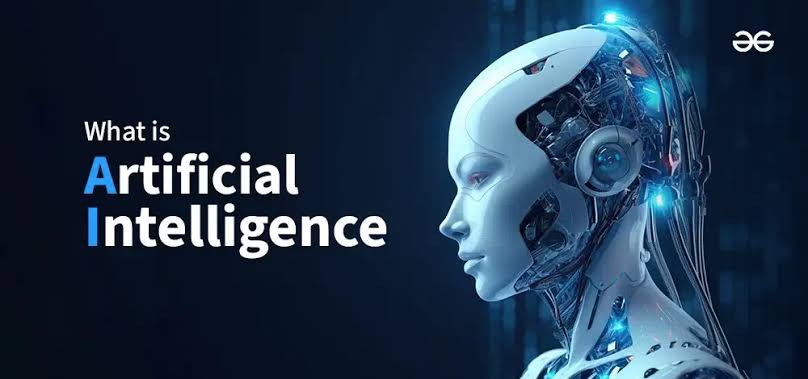
In recent years, Artificial Intelligence (AI) has evolved from a concept of science fiction to a transformative force shaping our daily lives and the future of industries worldwide. This blog aims to delve into the exciting realm of AI, exploring its current capabilities, future potential, and the ethical implications that accompany its rapid advancement.
Understanding Artificial Intelligence

Artificial Intelligence (AI) is the field of computer science dedicated to creating machines capable of performing tasks that typically require human intelligence. These tasks include speech recognition, decision-making, visual perception, and language translation. The field of AI encompasses various subfields, including machine learning, natural language processing, computer vision, and robotics, each contributing to different aspects of intelligent behavior in machines.
Applications of AI in Today’s World
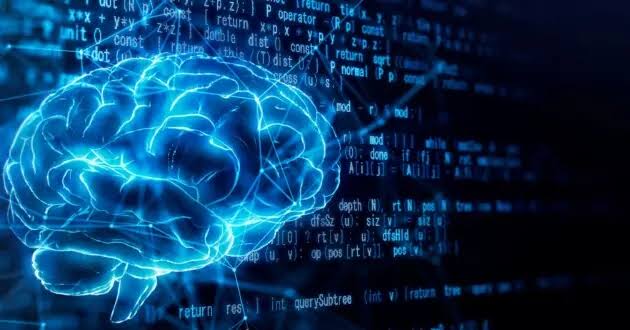
AI is already ubiquitous in our daily lives, often operating behind the scenes to enhance efficiency and convenience. For instance, AI algorithms power personalized recommendations on streaming platforms like Netflix and Spotify, and voice assistants such as Siri and Alexa have become household staples. In industries such as healthcare, finance, transportation, and manufacturing, AI systems are streamlining operations, improving customer experiences, and making data-driven decisions at unprecedented speeds and scales.
The Evolution of AI: From Narrow to General Intelligence
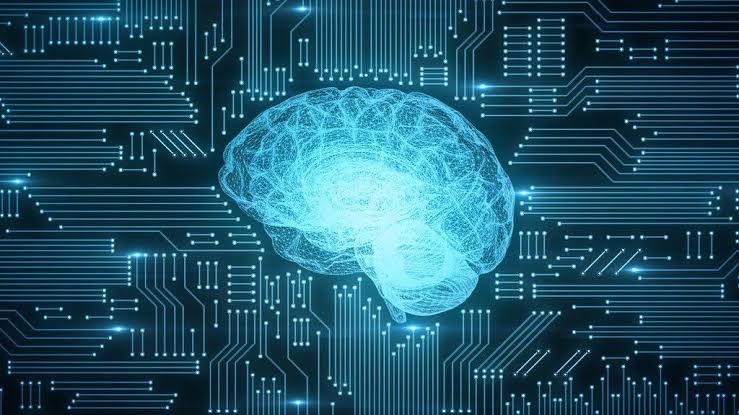
Current AI systems primarily fall under the category of narrow AI, designed to perform specific tasks within a limited domain. These systems excel at tasks like image recognition in photos, predicting stock market trends, or diagnosing medical conditions from scans. However, the pursuit of general AI, also known as artificial general intelligence (AGI), aims to develop machines capable of understanding, learning, and applying knowledge across a wide range of tasks—a feat that remains a long-term goal with profound implications for society and technology.
Ethical Considerations and Challenges
As AI continues to advance, it raises significant ethical considerations. Issues such as privacy concerns related to data collection, biases embedded in algorithms, job displacement due to automation, and the potential for misuse of AI-powered technologies underscore the importance of developing AI responsibly. Ensuring transparency, fairness, and accountability in AI systems is crucial for fostering trust and mitigating unintended consequences.
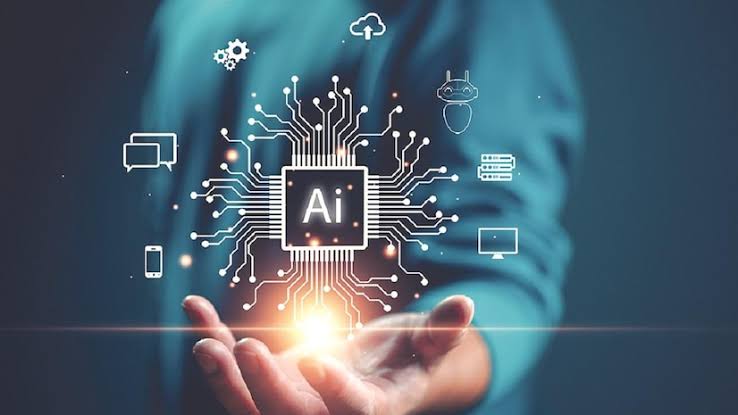
AI in Various Industries
The impact of AI is felt across diverse sectors. In healthcare, AI-powered diagnostics are revolutionizing disease detection and treatment planning, potentially saving lives through early intervention and personalized medicine. In finance, AI algorithms analyze vast amounts of data to predict market trends and manage risks more effectively than human traders alone. In transportation, autonomous vehicles promise safer and more efficient travel, while in manufacturing, AI-driven automation optimizes production lines and reduces costs.
Looking Ahead: The Future of AI
Looking forward, the future of AI holds immense promise and potential. Advancements in deep learning, reinforcement learning, and quantum computing are poised to push the boundaries of what AI can achieve. Innovations in AI-driven autonomous vehicles, personalized medicine, climate modeling, and even creative endeavors like art and music composition are on the horizon, promising to reshape industries and enrich human experiences.
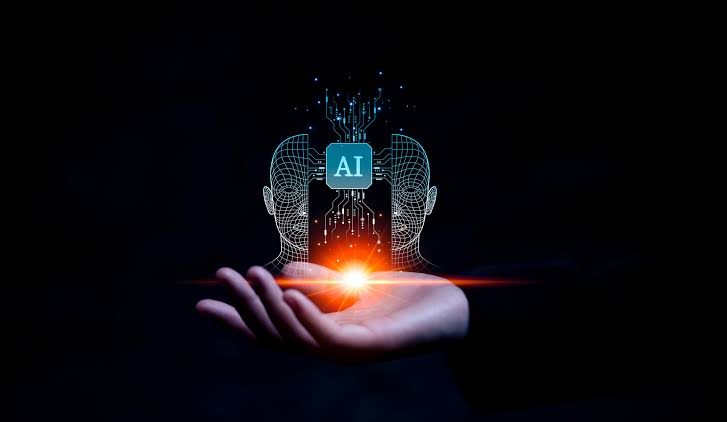
Challenges to Overcome
Despite its transformative potential, AI faces several challenges that must be addressed. Technical hurdles such as improving AI’s ability to generalize knowledge across domains, ensuring robustness and reliability in AI systems, and developing ethical guidelines for AI deployment are critical. Additionally, societal challenges including the ethical implications of AI, the future of work in an AI-driven economy, and concerns over AI’s impact on privacy and security require thoughtful consideration and proactive solutions.
Conclusion
Artificial Intelligence stands at the forefront of technological innovation, offering both opportunities and challenges as we navigate its evolving landscape. By fostering collaboration between researchers, policymakers, and society at large, we can harness the power of AI to drive positive change while addressing its ethical implications. As we embark on this journey into the future, understanding and embracing the potential of AI will be key to shaping a world where intelligent machines coexist harmoniously with humanity.
Join us as we continue to explore the frontiers of AI, uncovering its mysteries, celebrating its achievements, and envisioning its transformative impact on our lives and the world around us. The future is here, and Artificial Intelligence is leading the way. Together, let’s embrace the opportunities that AI presents while navigating the ethical challenges to ensure a future where AI serves humanity responsibly and ethically.

![Stree 2 [2024] Hindi download 720P 480P HDTS Stree 2 download in hd](https://honestmitra.com/wp-content/uploads/2024/08/WhatsApp-Image-2024-08-22-at-15.21.11-150x150.jpeg)







